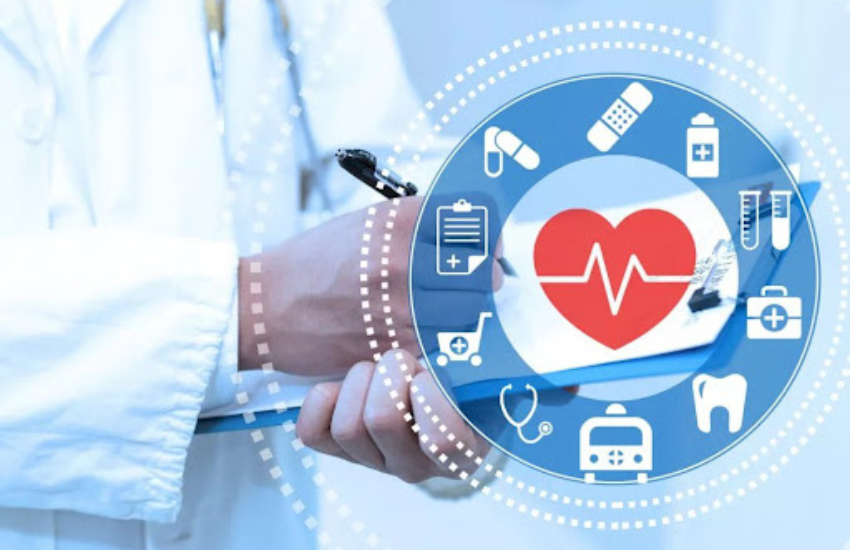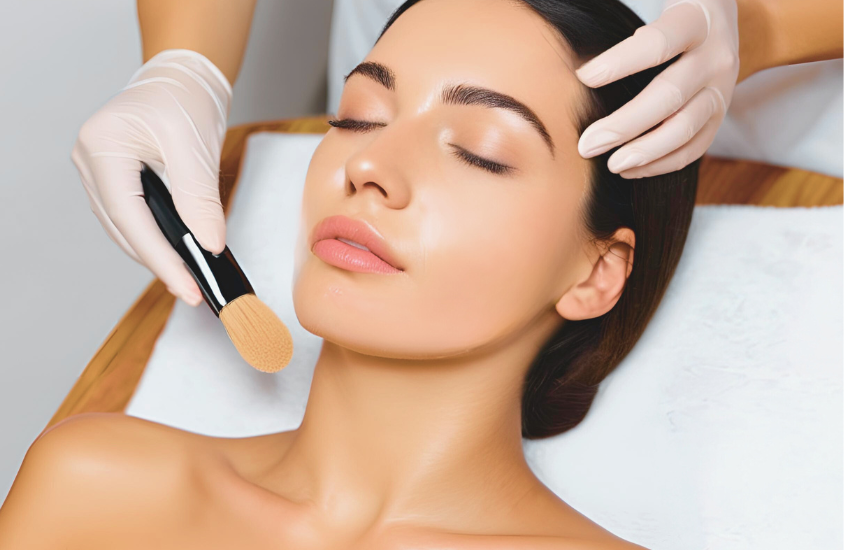
We know that regular medical check-ups can greatly reduce the risk of disease or its advancement. At the same time, we need to pay attention to some guidelines so that we can make full use of all the resources presented to us. Read on for some things you can take heed of before and during your medical checkups.
The best timings for blood tests
Blood tests that require fasting typically take place early in the morning – do note that you cannot eat before your blood test (you are allowed to drink plain water), as the food & beverages absorbed into your blood will create inaccurate results. There are also types of blood tests that are recommended in the morning even if fasting is not required. For example, hormone blood tests for cortisol are highest in the morning, so doctors tend to schedule your tests then.
Drinking water on an empty stomach
Drinking plain water is generally ok before blood tests and medical examinations, even if fasting is required – your medical provider is likely to tell you to not eat or drink anything (other than water) before your tests. For example, should you suffer from certain conditions that require you to take your medications in the morning, it’s alright to take your medicine with a small amount of water. Should you, under any circumstances, be asked to refrain from drinking water, your tests will likely be done in the morning – you can take your medicine to the medical centre and take the medicine after your tests are completed.
Diet precautions
Your diet should ideally be light about one to three days before your medical examination – do refrain from drinking alcohol and overeating. Sometimes, you may be required to fast about 12 hours before your tests, so do check with your medical provider on what’s required from you.
Preparing for blood tests
Ensure that you fast for 12 hours before your blood is drawn. In addition, such tests are generally carried out when you are in stable health – that is, you have no acute illnesses. For example, if you have a cold, your viral load can be affected, which may in turn have an impact on your test results. It takes some time for your body to recover and your condition to stabilise. Should you have any acute illnesses before your blood work is done, do talk to your healthcare provider – in some circumstances, you may have to postpone your blood test for a few weeks.
Applying pressure after blood tests
After the needle is taken out of your arm, the medical professional attending to you will apply pressure with a gauze or cotton ball over the injection spot. He or she will ask you to apply pressure until the area stops bleeding (it can take about three to five minutes) before putting a clean bandage over it.
Collecting urine and stool samples
Before taking the test, do refrain from foods that can change the colour of your urine, such as blackberries and beets. Try not to do heavy exercises before your test. Before your urine test, wash your urethral region with soap and water, or an intimate hygiene wash. Females should avoid urine tests during your period, as well as two days before and after it. This is because urine with large amounts of red blood cells cannot generate reliable results.
Stool samples should be free from contaminants such as urine and other bodily secretions. It is also advisable to avoid certain food and drugs three days before your test, as they can create false positives and negatives. Some 1.examples are food with high iron content, red meat, Vitamin C and pain relievers.
Reference:
https://myhealth.alberta.ca/Health/aftercareinformation/pages/conditions.aspx?hwid=ud3771
https://synappsehealth.com/en/articles/i/preparation-for-general-urine-testing/
1.livestrong.com/…/58930-foods-avoid-stool-sample-needed




